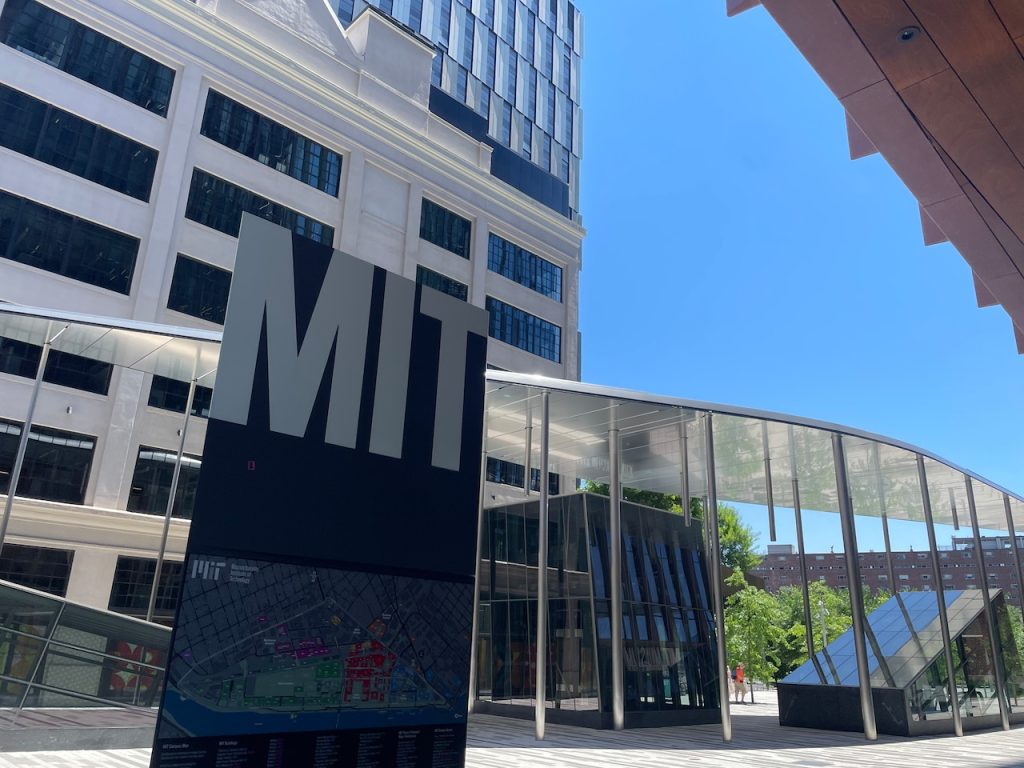MIT has become the latest in a string of elite American universities — including Harvard — to distance itself from the idea of diversity, equity and inclusion (DEI) as President Donald Trump continues his anti-DEI agenda and attempts to rein in colleges and universities who resist it.
MIT President Sally Kornbluth announced plans to “sunset” the university’s Institute Community and Equity Office and remove its vice president for equity and inclusion position in a letter to the school community last week. The office’s “core programs” will continue, but under the purview of other offices.
Read more: ‘Willing to capitulate’: Cracks emerge in Harvard’s resistance to Trump over DEI
The decision comes as a result of an assessment of the office’s programs and whether they are “effectively serving campus needs,” Kornbluth wrote. Former Vice President for Equity and Inclusion Karl Reid began this assessment in January 2024, but stepped down from his position in February 2025.
Following Reid’s resignation, Kornbluth asked “a working group of senior faculty and staff” to continue the assessment, she wrote. It presented its findings to MIT’s Academic Council — which is made up of the university’s most senior leaders — last month.
“At a high level, the working group found real appreciation for the programs administered by the Institute Community and Equity Office (ICEO) and reported that our community remains deeply committed to the pursuit of inclusive excellence,” Kornbluth’s letter reads. “But the working group also reported a broad desire to rethink how this work is done in practice; a common refrain, matching what I’d heard myself, was that community is best built locally rather than top down.”
The decision to wind down the equity office and vice president position was made based on the recommendations of the working group, Kornbluth wrote. MIT also plans to implement several other changes at the advice of the working group.
Read more: Harvard renames its DEI office, conceding on Trump demand
Firstly, the university plans to create a new, staff-led Standing Institute Committee that will serve as a “mechanism” through which people doing “local-first community building” can easily collaborate with and offer suggestions to MIT leadership, according to the letter.
Secondly, it plans to clarify the responsibilities of “professionals focused on community and belonging efforts” and ensure their work is addressing the needs of the local community by working with MIT’s human resources department and local leaders.
Finally, as students in affinity groups told the working group that they’d value greater access to university leadership, Kornbluth has tasked Chancellor Melissa Nobles and her team with working with student leaders to determine how best to achieve that goal over the next several months.
“MIT is deeply committed to fostering a campus environment that is free of discrimination and harassment,” she wrote.
Read more: Northeastern scrubs most DEI language from website after Trump executive order
In making these changes, MIT is following in the footsteps of other Massachusetts universities, such as Northeastern University, which scrubbed DEI-related language from its website in January after President Trump signed an executive order that ended federal diversity, equity and inclusion programs and placed federal DEI staffers on paid leave.
Despite its rhetorical and legal rebukes of the Trump administration’s attempts to influence colleges and universities, Harvard University made a similar change in April, announcing that it was renaming its DEI office.

